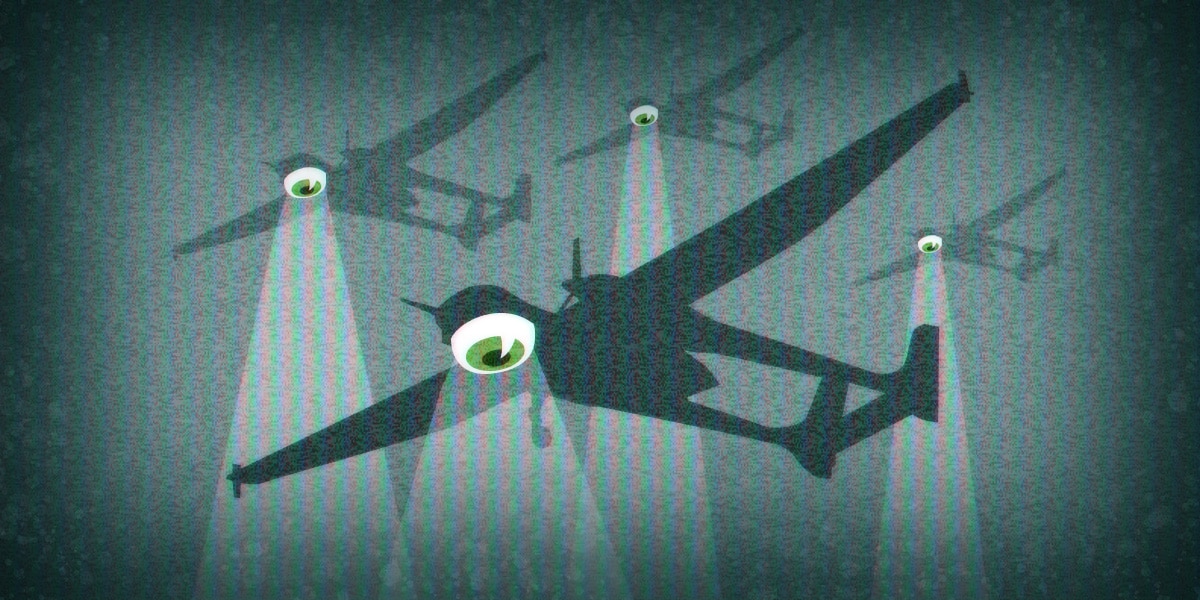Police forces in various countries are integrating drones equipped with Automatic License Plate Reader (ALPR) technology into their operations, sparking intense debate about citizens’ privacy. This innovative tool allows authorities to more effectively track vehicle movements by capturing images of license plates along with other essential details like the make, model, and color of the car.
Rahul Sidhu, vice president of aviation at Flock Safety, highlighted the use of these drones in a presentation aimed at law enforcement agencies interested in implementing drone programs as first responders. However, the deployment of this technology raises concerns about the extent of surveillance, as it significantly expands the range of actions available to law enforcement.
The use of Drone First Response (DFR) programs has notably increased in recent years, with companies like Axon and Motorola Solutions expanding their offerings in this area. As this technology becomes a revenue-generating opportunity for the companies involved, serious questions are also raised about the lack of regulations protecting citizens from misuse.
ALPR systems are already used by many major police agencies across the country. These devices can collect information about vehicles that can be stored and shared with other agencies, including federal authorities. While it is argued that their use is key to crime prevention, the risks associated with their ability to collect data on individuals not involved in criminal activities call into question the legitimacy of indiscriminate tracking.
Furthermore, drone technology offers law enforcement the ability to monitor hard-to-reach areas, such as backyards and rooftops, which amplifies concerns about surveillance. The Federal Aviation Administration (FAA) has recently granted hundreds of exemptions for the use of drones in police applications, facilitating their spread among law enforcement.
It is essential for communities to demand clear regulations regarding the use of drones and ALPR systems by police to prevent potential abuses of power. Without effective regulation, the use of these technologies could lead to constant surveillance and the collection of sensitive information about citizens without a justified legal framework.
Although some agencies are aware of the risks associated with aerial surveillance, adequate information is often not provided to policymakers about the specific capabilities of the drones being acquired. This can result in the use of invasive technologies without the knowledge or consent of local management.
The combination of ALPR technology and drones could redefine how authorities collect and use information about citizens, highlighting the need for ongoing mobilization from society to demand strict oversight of this emerging form of surveillance.
Referrer: MiMub in Spanish
